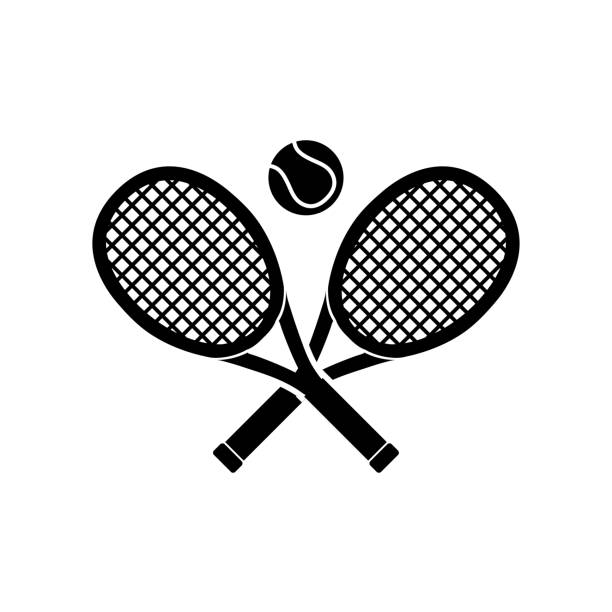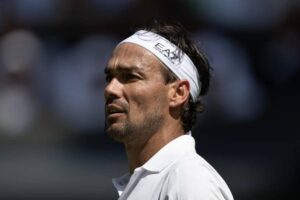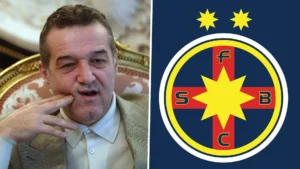
Tennis racket icon, stock vector, tennis logo isolated on white background
Spanish tennis sensation Carlos Alcaraz has added another milestone to his growing legacy by winning his first-ever indoor hardcourt title at the 2025 Rotterdam Open. The 21-year-old world No. 2 overcame a tough challenge from Alex de Minaur, defeating the Australian in an intense three-set final 6-4, 3-6, 6-2.
With this victory, Alcaraz becomes the first Spaniard to win the Rotterdam Open in its 52-year history, further solidifying his position among the sport’s elite. More importantly, this title completes his collection of titles across all surfaces—clay, grass, outdoor hardcourt, and now indoor hardcourt—showcasing his adaptability and all-court prowess.
“I knew I could play really good tennis on indoor courts. It was just a matter of time,” Alcaraz said after the match.
Despite this triumph, Alcaraz now faces an unexpected challenge off the court—a debate over his playing identity and long-term dominance.
Former Italian tennis player Paolo Lorenzi has questioned Alcaraz’s lack of a distinct playing style, suggesting that his inconsistency in approach might prevent him from surpassing his biggest rivals, including current world No. 1 Jannik Sinner.
“He should have his own identity,” Lorenzi remarked, adding that while Alcaraz has an explosive game, he needs to refine a signature style to ensure sustained dominance.
This critique comes at a crucial time in Alcaraz’s career, as he battles not only fierce competition but also the challenge of defining his legacy in a new generation of tennis stars.
As the tennis season progresses, all eyes will be on Alcaraz to see how he responds to both his success and the growing scrutiny. With major tournaments on the horizon, including the Sunshine Double (Indian Wells & Miami) and the European clay-court swing, the Spaniard has the opportunity to silence his critics and continue his ascent in the sport.
Will Alcaraz establish himself as the undisputed leader of the next generation, or will the doubts about his playing identity impact his long-term dominance? Only time will tell.
Would you like me to refine any part or add more details?







